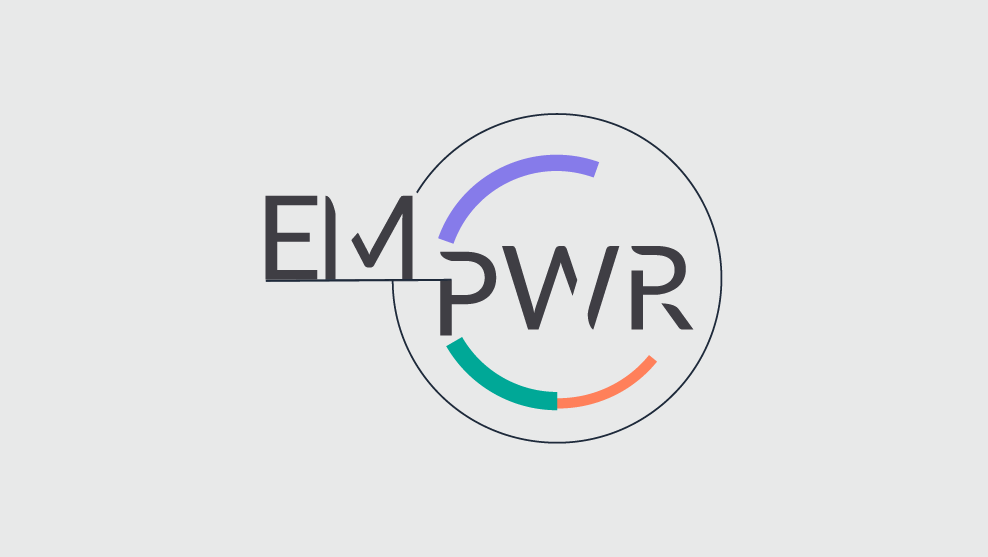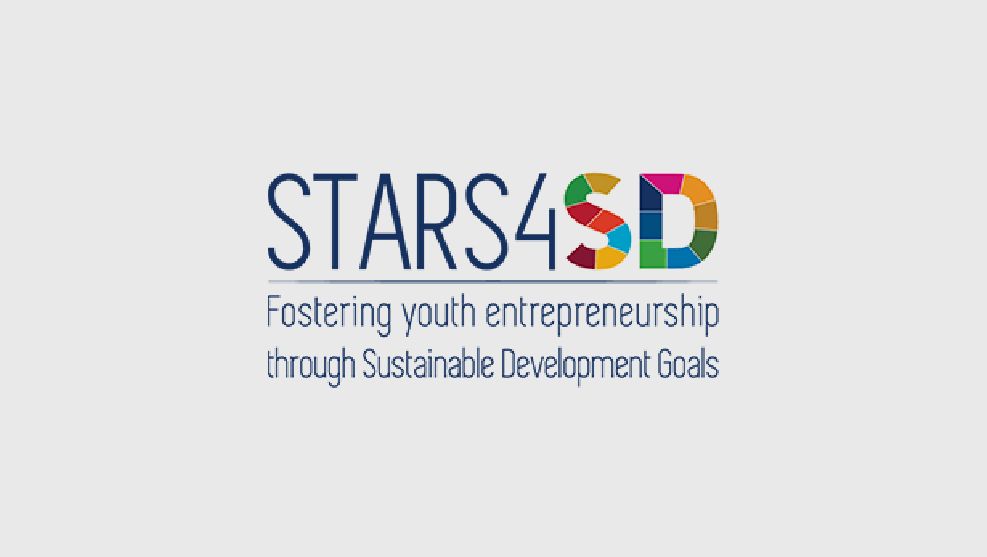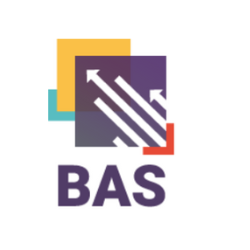We are pleased that the first study visit of the AdultDigitalUp project took place with a focus on Estonia’s best practices and approaches on the development of the digital skills of adults.
The virtual study visit was organised and coordinated by CARDET, with the presence of representatives from the Cyprus Ministry of Education, Culture, Sport and Youth (MoECSY), the Directorate-General for Structural Reform Support (DGReform), the Deputy Ministry of Research Innovation and Digital Policy, the Human Resource Development Authority (HRDA) and the University of Nicosia (UNIC).
Collecting best practices and approaches regarding the training of adults in digital skills is key to the implementation of the AdultDigitalUp project. Estonia was chosen as the subject of the first study visit of the project, as it is perceived as having a successful model and approach in the area of digital skills and development.
Participants in the study visit had the pleasure to hear from Dr Mart Laanpere, Professor of Mathematics & Computing Education, in the School of Digital Technologies in Tallinn University. During his presentation, Dr Laanpere introduced participants to the overall approach of Estonia in the area and the key policies and initiatives that it implements.
He analysed the factors that led to his organisation’s successful performance in the area of digital skills and the different projects ran in the country in regards to enhancing the digital skills of adults. Additionally, he highlighted the importance of implementing initiatives that directly support adult educators, and the importance of their involvement in the process.
Dr Laanpere concluded his presentation with important recommendations that Cyprus can adopt in the area for the improvement of digital skills of adults and low-skilled adults and building the capacity of adult educators to be in a position to support the overall efforts and objectives.
The suggestions and examples that Dr Laanpere presented will be included in the project’s collection of Best Practices, to support key stakeholders in building Cyprus’ capacity in the area.
This study visit will be followed by two others, which will be announced in the next months. You can follow the progress and next actions of the projects through its dedicated website here
The AdultDigitalUp project is implemented in cooperation with the Ministry of Education, Culture, Sport and Youth, and is supported by the Directorate-General for Structural Reform Support (DG REFORM) of the European Union (EU). The project aims to promote the digital literacy of adult educators and low-skilled adult













